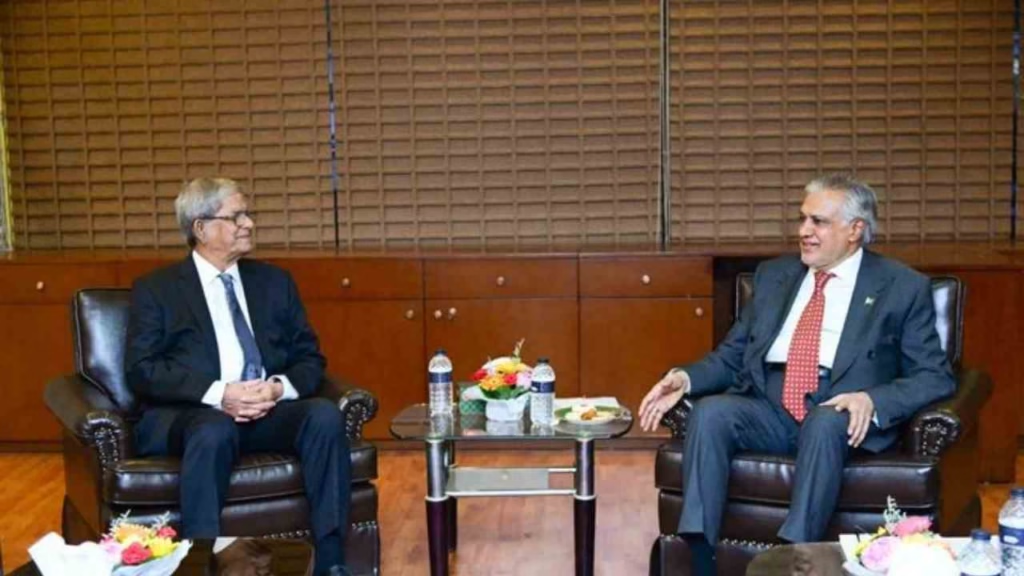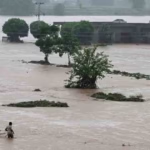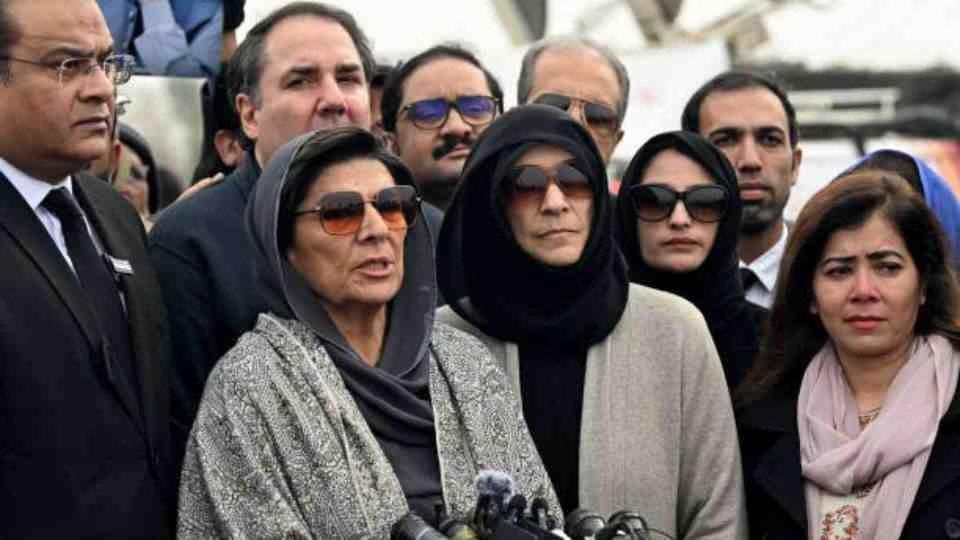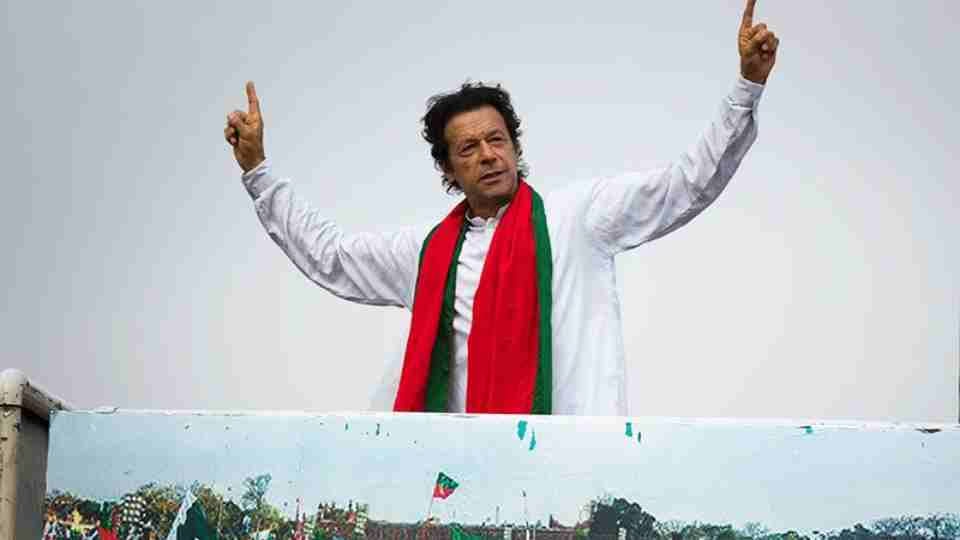Deputy Prime Minister Ishaq Dar’s historic visit to Dhaka marks a new chapter in bilateral cooperation
Pakistan’s Deputy Prime Minister and Foreign Minister Ishaq Dar concluded a groundbreaking two-day official visit to Bangladesh over the weekend, marking the first trip by a Pakistani foreign minister to Dhaka since 2012. The visit signals a dramatic shift in relations between the two nations after nearly two decades of diplomatic tensions.
Historic Diplomatic Breakthrough
Dar’s visit represents a significant milestone in Pakistan-Bangladesh relations. The last Pakistani foreign minister to visit Bangladesh was Hina Rabbani Khar in 2012, who had extended an invitation to then-Prime Minister Sheikh Hasina for the D-8 summit. Relations remained strained throughout Sheikh Hasina’s 15-year tenure, making this recent diplomatic engagement all the more significant.
Upon arrival at Dhaka airport, Dar was received by Bangladesh’s Foreign Secretary Ambassador Asad Alam Siam, Pakistan’s High Commissioner to Bangladesh Imran Haider, and other senior diplomatic officials.
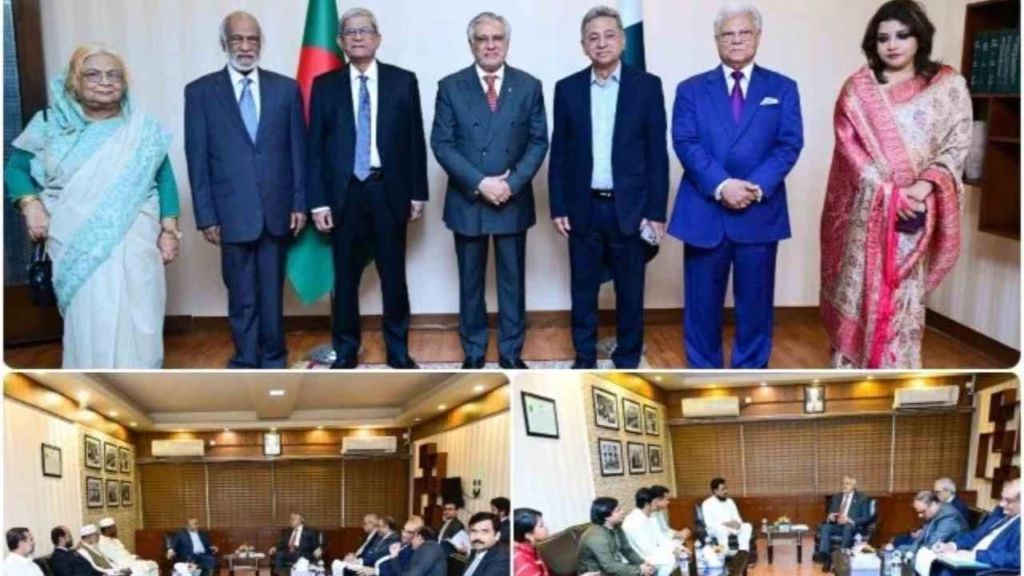
Comprehensive Political Engagement
During his stay from August 23-24, 2025, Dar engaged with multiple Bangladeshi political parties, demonstrating Pakistan’s commitment to broad-based diplomatic relations:
National Citizen Party (NCP): Dar met with a delegation led by Akhtar Hossain, praising the party’s “vision for reform and social justice.” The discussions focused on promoting youth engagement between the two countries and exploring cultural exchange opportunities. NCP members briefed Dar on the nationwide political mobilization efforts that took place in 2024.
Bangladesh Jamaat-e-Islami: In his meeting with a delegation led by Dr. Syed Abdullah Mohammed Taher, the Deputy Prime Minister acknowledged the “courage and steadfastness” of Jamaat leaders during challenging times. The talks centered on strengthening bilateral relations and addressing recent regional developments.
Bangladesh Nationalist Party (BNP): Dar’s meeting with the main opposition party, led by Secretary General Mirza Fakhrul Islam Alamgir, was described as particularly cordial. Both sides emphasized building relations based on “mutual respect and mutual benefit.”
High-Level Government Meetings Scheduled
Dar’s itinerary included crucial meetings with Bangladesh’s interim government leadership, including Chief Adviser Professor Muhammad Yunus and Foreign Affairs Adviser Touhid Hossain. These discussions were expected to cover the full spectrum of bilateral relations and address various regional and international issues.
Military Cooperation Gains Momentum
Paralleling the diplomatic breakthrough, defense ties between the two countries are also strengthening. A senior Bangladeshi military delegation was in Pakistan during Dar’s visit, highlighting the comprehensive nature of the renewed partnership.
Lieutenant General Md Faizur Rahman, Quartermaster General of the Bangladesh Army, met with General Sahir Shamshad Mirza, Chairman of Pakistan’s Joint Chiefs of Staff Committee, in Rawalpindi. Their discussions focused on the regional security environment and opportunities for enhanced defense cooperation.
This follows an earlier visit in January 2025 by Lieutenant General S.M. Kamr-ul-Hassan, Principal Staff Officer of Bangladesh’s Armed Forces Division, marking the first such high-level military exchange in years.
Economic and Trade Progress
The diplomatic rapprochement extends to economic cooperation. February 2025 saw a significant increase in bilateral trade with the establishment of the first-ever direct maritime trade link between the countries. Both nations have also agreed to launch direct flights, further facilitating business and personal connections.
Regional Implications and International Reactions
The strengthening Pakistan-Bangladesh relationship has drawn attention from regional powers, particularly India. Indian officials have expressed concerns that closer Pakistan-Bangladesh ties could impact security in India’s northeastern states. However, both Pakistan and Bangladesh have dismissed these concerns, emphasizing that their bilateral cooperation serves their mutual interests.
The timing of this diplomatic breakthrough is particularly significant, coming after the departure of Sheikh Hasina’s government, which had maintained close ties with India. Hasina, who fled to India and remains in exile there, faces extradition requests from Bangladesh’s interim government to stand trial for alleged crimes committed during her tenure.
Historical Context and SAARC Cooperation
During the meetings, both sides acknowledged Bangladesh’s foundational role in establishing the South Asian Association for Regional Cooperation (SAARC) and recalled previous high-level interactions between the two countries. The discussions underscored the importance of sustained political dialogue for regional stability and prosperity.
Looking Forward
This visit, described by officials as “long overdue,” had been postponed twice previously, including once in May following increased Pakistan-India tensions after the Pahalgam attack. The successful completion of Dar’s visit represents not just a bilateral achievement but also a potential catalyst for broader regional cooperation in South Asia.
The renewed Pakistan-Bangladesh partnership demonstrates how changing political dynamics can create opportunities for nations to overcome historical grievances and work together for mutual benefit, setting a positive precedent for regional diplomacy in South Asia.

